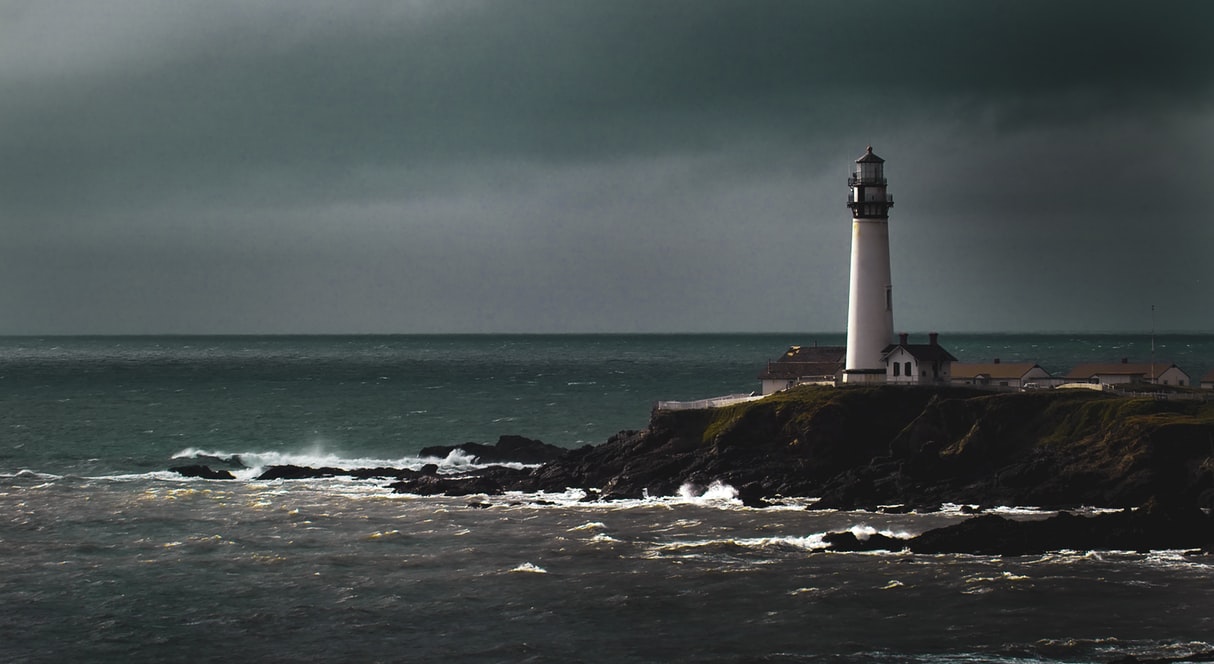Marine Aid Navigation Bill Passed to replace 90 Years Old Act

A few days ago, the Parliament had passed Marine Aids to Navigation Bill 2021, which aims to replace the Lighthouse Act of 1927, which is over 90 years old. The Marine Aids to Navigation Bill 2021 was moved in Rajya Sabha by Sonowal earlier this month on July 19 and it was passed on July 27.
The purpose of Marine Aids to Navigation Bill 2021 is to adopt marine navigation’s state-of-the-art technologies which, under the statutory provisions of the old Lighthouse Act, were not covered. The ministry is of the view that the new Act will allow better functioning of Marine aids to navigation and also, Vessel Traffic Services.
The bill defines aid to navigation as a device, system, or service, external to the vessels designed and operated to enhance safety and efficiency of navigation of vessels and vessel traffic.
As per the bill, the central government will appoint Director General, Deputy Director Generals or Directors for districts. The Director-General can advise the central government on matters related to aids to navigation, among others.
The provisions of the bill will apply to the entire country including various maritime zones including territorial waters, continental shelf and exclusive economic zone.
The bill proposes that the centre will be responsible for the development, maintenance, and management of all general aids to navigation and vessel traffic services.
It further states that no one will be allowed to operate any aid to navigation (including any ancillary activities) or any vessel traffic service without a valid training certificate.
The bill provides that the centre will accredit training organisations to impart training to people in the operation of aids to navigation and vessel traffic services.
Merits of Navigation Bill
The bill also provides that marine aids to navigation dues will be levied and collected from every ship arriving or departing from any port in India. The rate will be specified by the centre from time to time.
As per the bill, the centre will have the power to wholly or partially exempt certain vessels from paying the dues for eg:
Any government ship that is not carrying cargo or passengers for freight or fares. Any other ship, or classes of ships, or ships performing specified voyages.
All disputes related to such dues will be heard and determined by a civil court having jurisdiction at the place where the dispute arose.
Heritage lighthouse
The bill also proposes that the centre can designate any aid to navigation under its control as a heritage lighthouse. Such lighthouses will be developed for educational, cultural, and tourism purposes.
Central Advisory Committee
As per the bill, the centre can appoint a Central Advisory Committee (CAC) comprising persons representing the interests affected by the Bill, or having special knowledge of the sector.
The government may consult the Central Advisory Committee on matters such as:
Establishment of aids to navigation -Additions, alteration, or removal of, any such aids
The Central Advisory Committee can appoint sub-committees for additional advice on these matters.
Penalties
The bill proposes penalties for certain offences for example:
Jail term of up to 6 months or fine up to Rs 1 lakh for intentionally causing obstruction, reduction, or limitation in the effectiveness of any aid to navigation or vessel traffic service.
Jail term up to 1 year and a fine up to Rs 5 Lakh for intentionally causing damage, destruction to any aid to navigation or vessel traffic services.
Photo by Daniel Gregoire on Unsplash





